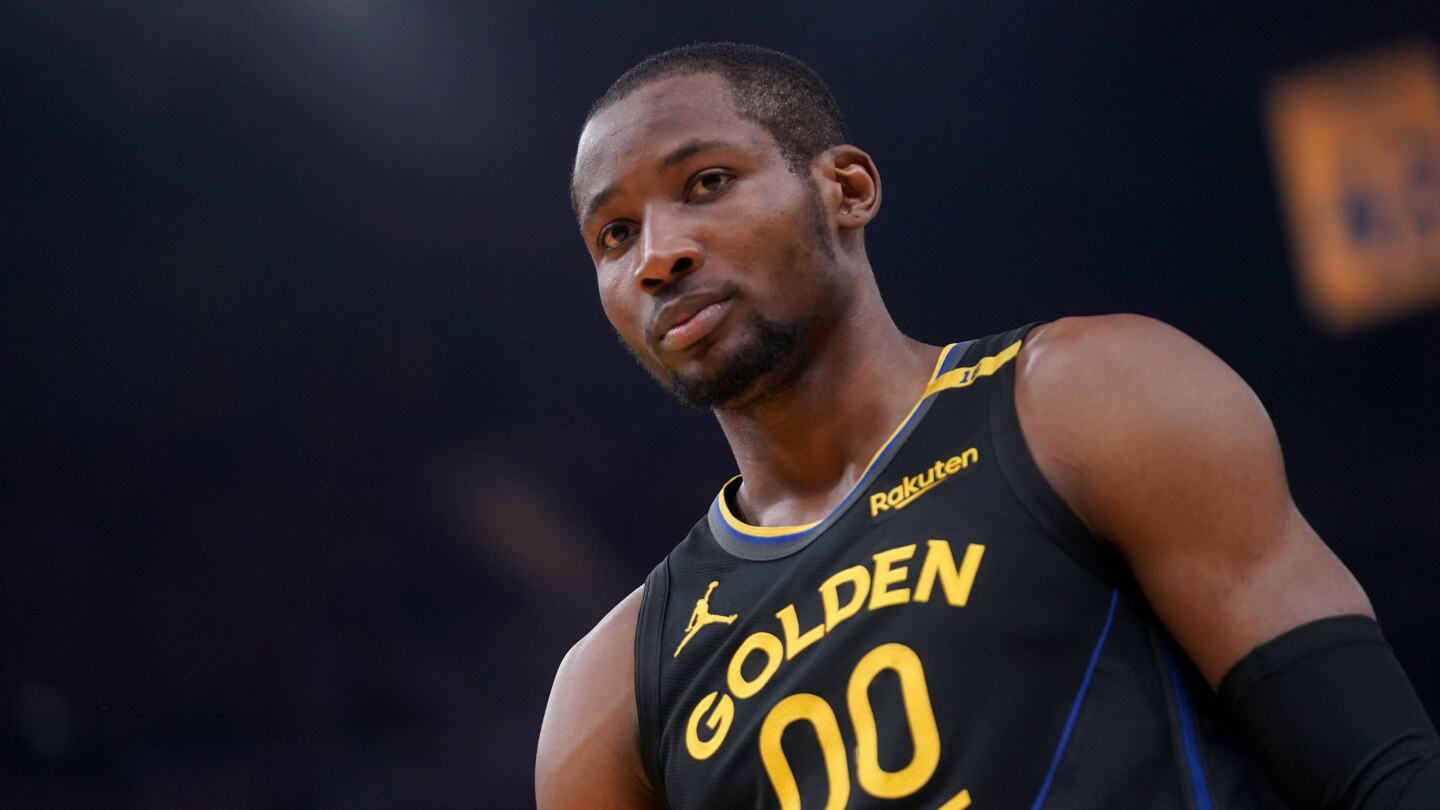Restricted free agency can be a tough situation for players. While players are free to sign offer sheets with any team, their current team has the right to match those offers, making actual player movement rare. Teams often have limited salary cap space, even if they want to retain a restricted free agent, they usually need to overpay to discourage the current team from matching. Once an offer sheet is signed, the new team must wait 48 hours to see if the current team matches, during which time the money is tied up. This often results in a stalemate. Right now, there are four notable restricted free agents in the NBA facing similar challenges.
Jonathan Kuminga was expected to be part of a sign-and-trade deal that would have sent him from the Warriors to another team, benefiting both sides during the Stephen Curry era. Sacramento was frequently mentioned, but no confirmed trade has happened. The Bulls have shown interest and talked with the Warriors, but no progress has been made, especially since Golden State does not want Nikola Vucevic back in the trade. The Suns have had early talks, but they lack draft picks to meet Golden State’s demands. Kuminga seeks a four-year, $120 million deal, while the Warriors are offering about $20 million a year over three years. Last season, Kuminga averaged 15.3 points and 4.6 rebounds but struggled with a 30.5% three-point shooting and a true shooting percentage of .535. For a new deal to work, Steve Kerr needs to trust Kuminga with significant playing time, and Kuminga must prove worthy of those minutes by attracting valuable trade offers.
Cam Thomas’s situation became very public after he criticized analyst Zach Lowe, who shared the league’s consensus view of Thomas. Thomas wants a contract around $30 million per year, but the Nets feel $20 million is more appropriate due to their $17 million salary cap space, which could stretch to $25 million by making some roster adjustments. Thomas disagrees with this view, but league sentiment and salary cap realities hinder his chances of securing his desired salary. Brooklyn will likely seek a deal that allows flexibility for future trades, so resolution might not come soon.
Josh Giddy boosted Chicago’s performance last season, averaging 21.2 points, 10.7 rebounds, and 9.3 assists, helping the Bulls improve after the All-Star break. Giddy and his agents want about $30 million annually, while the Bulls offer closer to $20 million, valuing more trade-friendly contracts. There are league-wide doubts about whether Giddy can lead a team as a primary option due to defensive weaknesses and his need for ample ball possession.
Quentin Grimes is the least contentious restricted free agent. Grimes desires a six-year deal, but negotiations over the length and salary continue. Philadelphia wants at least a three-year pact. Grimes shares playing time with Tyrese Maxey, Jared McCain, and rookie VJ Edgecombe and might be key to Philadelphia’s future regardless of what happens with stars like Joel Embiid and Paul George. This negotiation could conclude closer to training camp.
Fan Take: These ongoing restricted free agency standoffs highlight how team-building and salary cap strategy heavily influence player movement and contract negotiations in the NBA. For basketball fans, these negotiations not only affect team dynamics but also shape the future competitiveness and excitement of the league.



